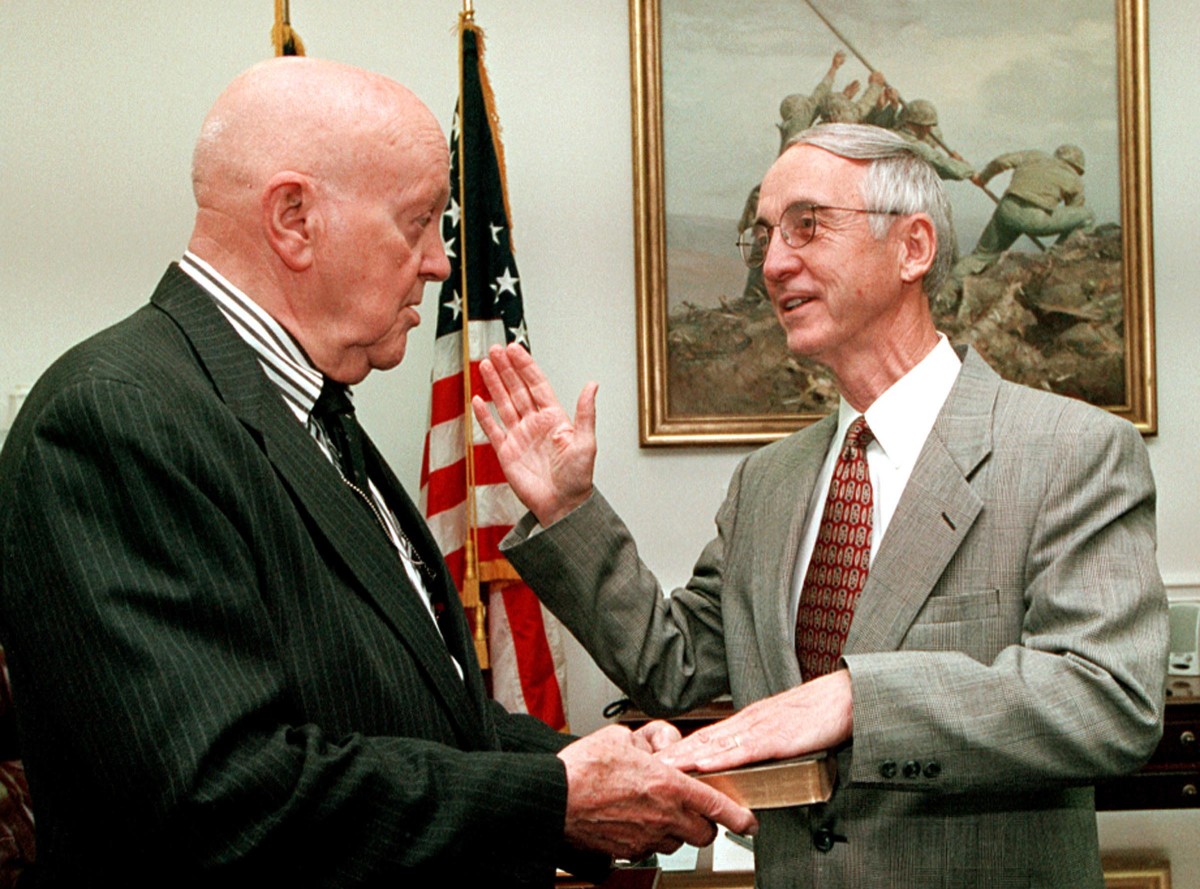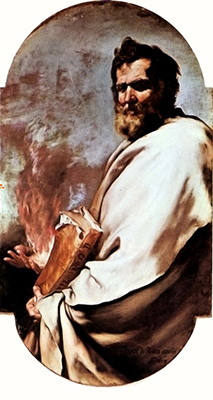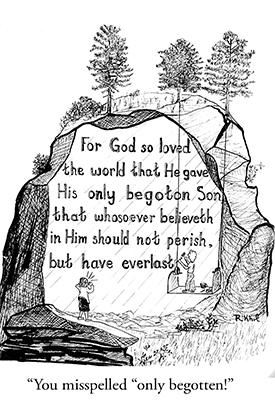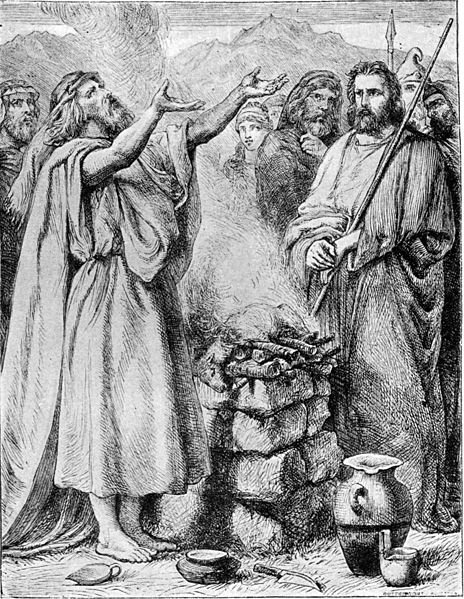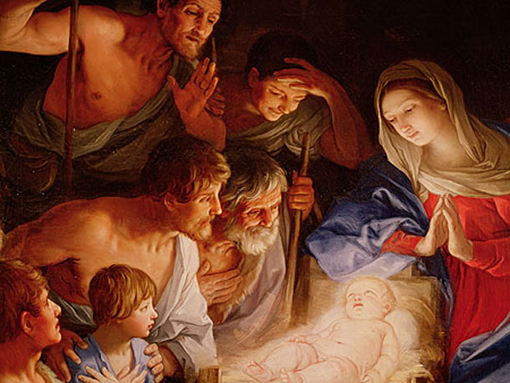…And from Jesus Christ, the faithful witness, the firstborn from the dead,
and the ruler over the kings of the earth. To Him who loved us and washed us from our sins in His own blood…
Revelation 1:5
The book of Revelation is a gold mine of names for Christ. Not only does it hold many unique titles found nowhere else in scripture, but verses often contain many of them in a row. Often, these titles are very different from each other and focus on distinct aspects of the Lord. To understand them, each should be studied separately.
The last book of the Bible was written roughly 100 years after the birth of Christ and reveals not only a view of church history that has been completed, but presents a detailed account of events that are still to come. Verse one of the book states “The Revelation of Jesus Christ, which God gave Him to show His servants — things which must shortly take place. And He sent and signified it by His angel to His servant John.” The Lord Himself is taking the time to explain this.
It’s obvious that the Apostle John wrote the book, but it’s not his revelation. If we were getting this information from John, it would be unreliable, since the former first century fisherman would be describing the digital age with a pre-analog brain. The bias of his culture and limited worldview would misinterpret much of what still has to take place. For this reason, Jesus took charge and took over. So then, John didn’t just describe what he saw; he wrote down what his Messiah told Him to write.
The very first descriptive phrase of Christ in the book is Faithful Witness. In Revelation 3:14, He’s called the “Faithful and True Witness,” and in Revelation 19:11, He’s called simply “Faithful and True.”
So why the repetition and emphasis in Christ’s veracity? Everyone knows that the Lord doesn’t lie, right? Yes, but for centuries, people have been explaining away all the prophesies in Revelation into a gobbledygook of double-speak and figurative language. They tell us none of this means what it says. Wait a minute, I believe exactly what it says. After all, Jesus said it, and He is the Faithful Witness.
February 5
